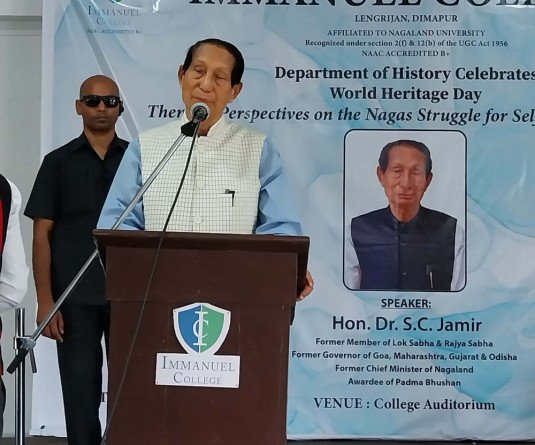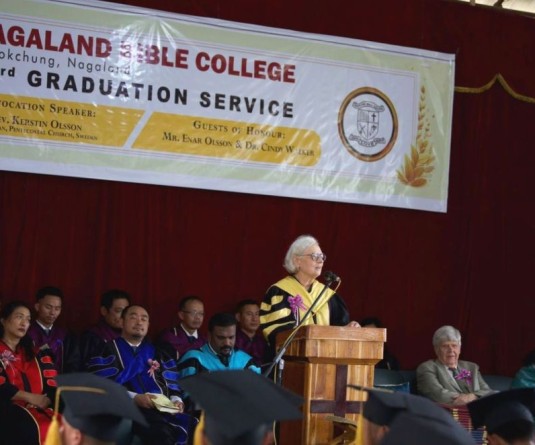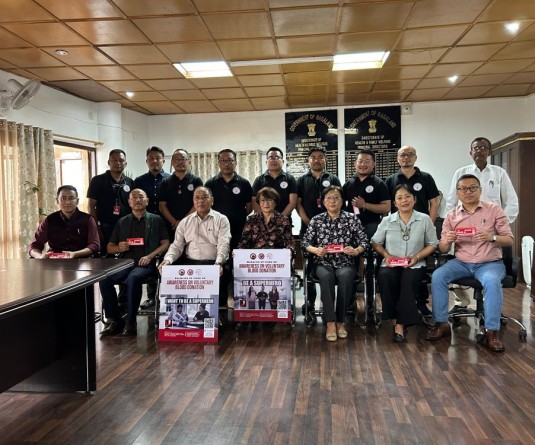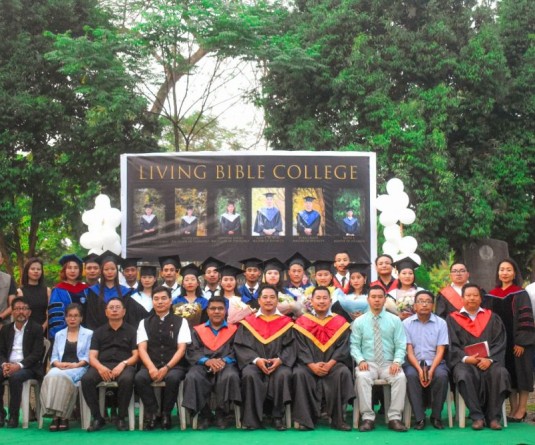
Morung Express News
Dimapur | October 17
On January 10, 2018, Nagas across borders hope to come together as a “people of common belonging” to celebrate, what has been termed, the ‘Naga Day.
In an attempt to bring reconciliation and unity among the Naga people, and in Naga society, the Forum for Naga Reconciliation (FNR) has proposed the celebration of a ‘Naga Day’ on January 10 each year, starting 2018.
30 tribe apex organizations from across the Naga areas, during a meeting organized by the FNR on October 13 last, have agreed to partake in the event that will attempt to preserve the “memory of belongingness.” The theme for the first edition will be ‘Nagas without Borders.’
The FNR has requested the support of all hohos, organizations and churches to support this “momentous” day.
Phase II reconciliation
On January 10, 1929, about 20 “visionaries,” representing people in the Naga areas, wrote to the Simon Commission—a Statutory Commission constituted of seven British Members of Parliament of United Kingdom to study constitutional reform in the, then, British-occupied Indian subcontinent.
Representatives from the Naga areas, under the nomenclature of the Naga Club, wrote to the Commission to “safeguard our (Naga) right(s) against all encroachment.”
In 2018, this memory will be 89 years old. Invoking the Simon Commission letter is like “going back to the roots which will hopefully create unity in purpose,” thereby creating “new imagination” towards this purpose.
“The nonviolent position inherent in the Simon Commission is to be conceived as positive, resisting the forces of violence of every form,” stated the FNR in a short note on the ‘Naga Day,’ proposed to be held on the Kohima Local Ground.
Today, “Nagas are a community of institutions and practices” that have “common socio-cultural ethos,” maintained the FNR in the ‘Naga Day’ note that was released to the press today.
The ‘Naga Day’ will be part of a Phase II Naga Reconciliation Process (Phase I involved Naga national groups) that has been designed by members of the FNR to reiterate, on a more fundamental level, that Nagas are ONE.
During the apex tribe body meeting on October 13, FNR Convener, Rev. Dr. Wati Aier, said of the rationale for a people-level ‘Naga Day’ (and reconciliation): “If Naga identity is under threat in ways that we still don’t understand, my hunch is it will be at the community (“tribe”) level that we either solve it or destroy it.”
“An organic bonding is a constructive approach of every race come of age and this requires human imagination and creative application,” stated the FNR as its objective in envisaging a ‘Naga Day.’
Furthermore, “that common socio-cultural and established identity of the Nagas call for nurturing in order to ensure dependable expectations of peaceful coexistence and growth among the Naga family, and respect others as Nagas would want others to do to us.”
To this end, the note stated, “Nagas must allow our neighbours to remain true to the moral and religious fabric of civilization, while the Nagas must reexamine our own and change. We believe that such an approach is an effective means for the Nagas to ensure our rights.”
On October 13, Dr. Wati had said to the apex organizations that “belonging to a shared Naga humanity requires a critical and an analytical sense that will lead to a type of sacrifice that will give more than it costs… this sense of solidarity is at the centre of what it means to be Naga and will help deliver us to this extraordinary moment in our history.”
Annual Naga Day
In a press conference organized today at Lakeview Colony, FNR member, Dr. Aküm Longchari, noted that “Reconciliation is a process. The first phase required the participation of national groups. We also recognized that participation of the people is required to achieve reconciliation. When society participates, reconciliation becomes whole.”
In this endeavor, the FNR reconstituted itself in August this year. It increased its membership from 14 to 34 including several women and young people in its ranks. It also went through a process of self reflection resulting in the release of a public statement on its activities, position and way forward on September 24, 2017.
“Naga Day will hopefully be celebrated annually by Nagas wherever they are,” said Dr. Wati while speaking at the press conference. He, alongside FNR members Rev. Dr. Pughoto Aye and Sovenyi Nyekha, also affirmed that Naga Day will include other peoples who inhabit the Naga lands alongside the Nagas and, perhaps, neighbouring communities as well. “The Naga language should not be a parochial and exclusive one, but one that evolves and is dynamic. This is an invitation to all for a joyful celebration together,” said Dr. Wati.





